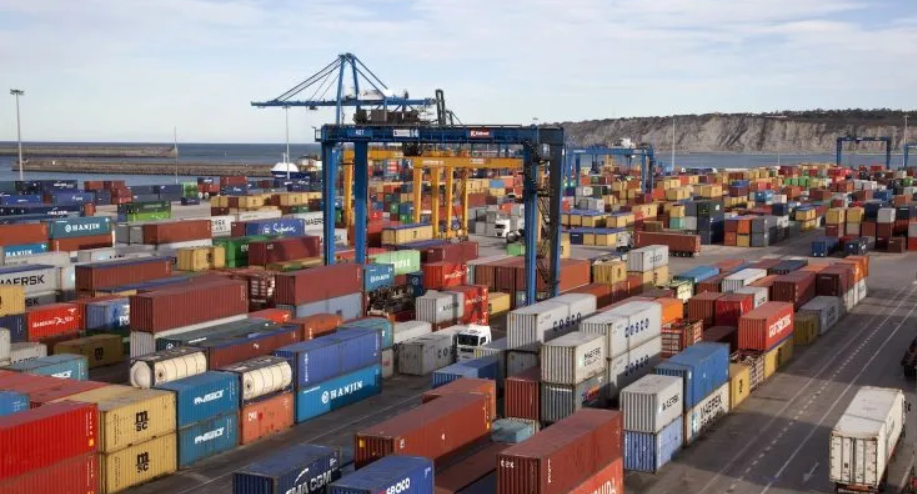Boma Alabi, SAN, Chairman of the Shipping Lines Association of Nigeria, has expressed strong opposition to the proposed International Cargo Tracking Note (ICTN) Bill currently under government review, describing it as “another toll gate” that would place additional financial strain on businesses and consumers.
Alabi argued that the bill, rather than facilitating business, would hinder ease of trade in Nigeria.
Her stance was presented following an investigative hearing led by the House of Representatives Committees on Shipping Services, Customs, Ports and Harbors, and Maritime Safety.
The hearing explored the reasons behind the stalled implementation of the International Cargo Tracking Note (ICTN) and identified challenges faced by the Nigeria Shippers Council.
Alabi stressed that Nigeria’s shipping industry already suffers from excessive bureaucracy, and the bill would only add unnecessary oversight.
She pointed out that exporters and importers can track shipments directly through shipping line websites, and shipping lines must upload manifests to the Customs NICIS portal.
This data is shared with entities including the Central Bank, Nigerian Ports Authority (NPA), NIMASA, NDLEA, and DSS, rendering further tracking layers redundant.
“Adding the ICTN without streamlining existing processes will only result in more delays and congestion,” Alabi stated.
On the other hand, Pius Akutah, Executive Secretary of the Shippers Council of Nigeria, highlighted the financial impact of the ICTN’s non-implementation, noting losses of approximately $2.5 billion over the past five years, equating to around $500 million annually. Akutah explained that intermittent implementation of the ICTN generated revenue, but due to investigation-related delays, full adoption stalled, resulting in considerable economic losses.
Minister of Marine and Blue Economy Gboyega Oyetola, represented by Director of Maritime Services Babatunde Sule, acknowledged past issues with the ICTN contract, citing procedural irregularities in its approval by the prior administration.
Abdussamad Dasuki, Chair of the House Committee on Shipping Services and Related Matters, argued that the ICTN is essential for enhancing transparency, security, and operational efficiency in cross-border cargo movement, underscoring its importance beyond a mere administrative measure.
Copyright Ships & Ports Ltd. Permission to use quotations from this article is granted subject to appropriate credit given to www.shipsandports.com.ng as the source.

